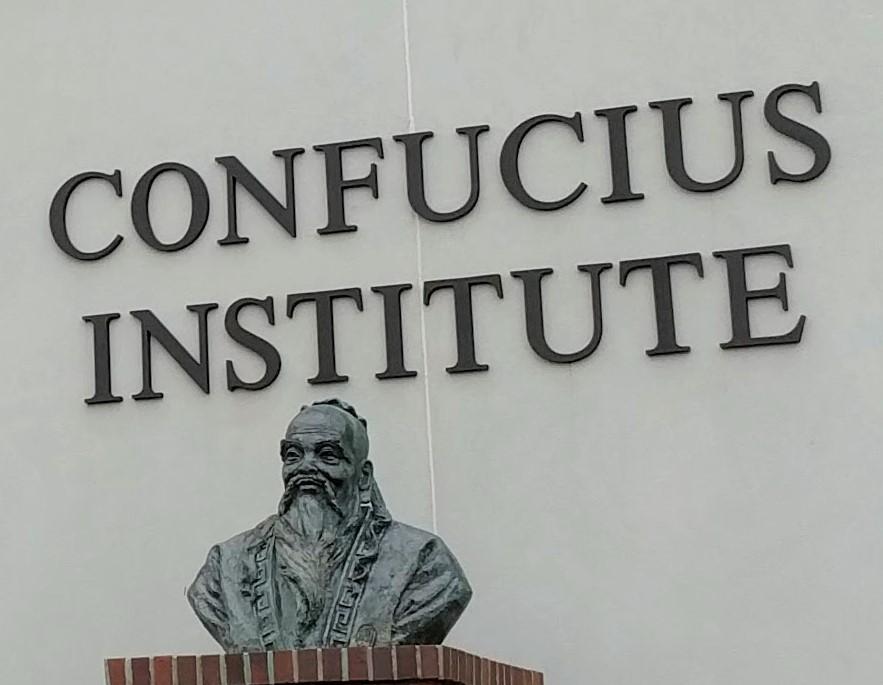ADELAIDE, Australia — As he takes up a vice-chancellorship at The University of Adelaide, Prof. Peter Høj, the former vice-chancellor of the University of Queensland (UQ), has said that the decision to allow China to provide course funding through the Confucius Institute at UQ was a “stupid thing to do” and should never have happened.
“When you run a university there are lots of things happening in an institution with 6,000 people, most of whom are independent thinkers. As soon as we learnt about it, we said: never again,” Høj told The Australian.




